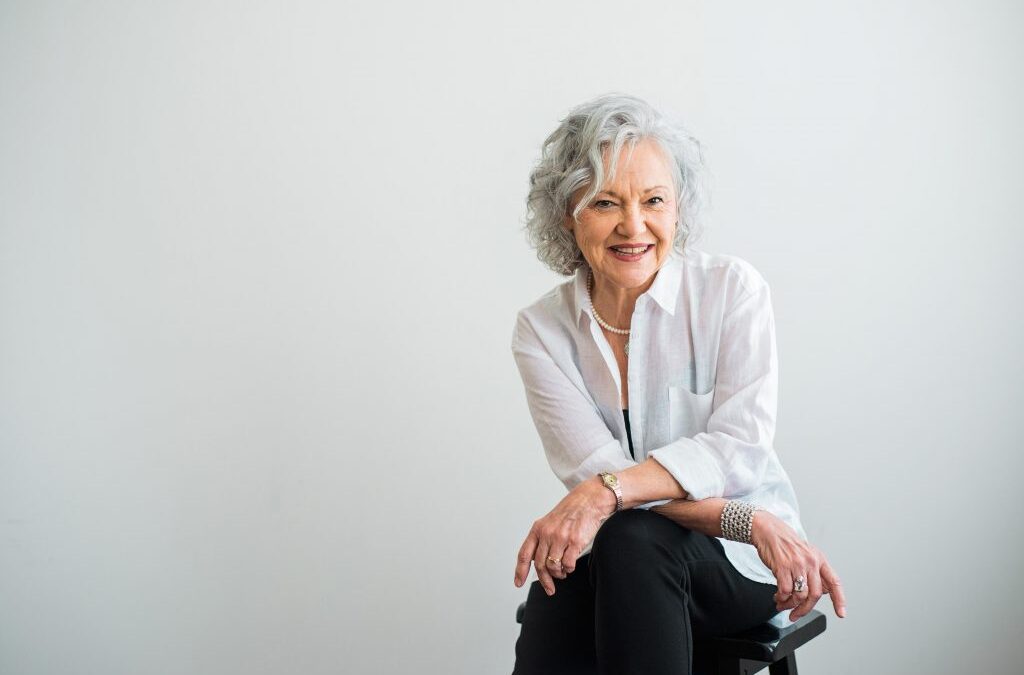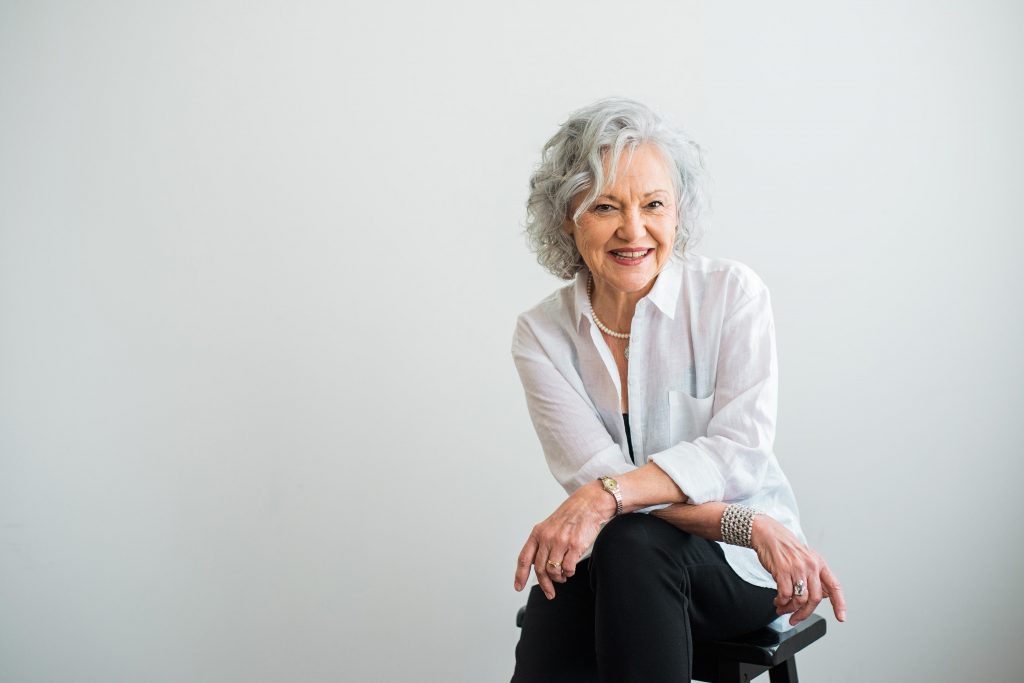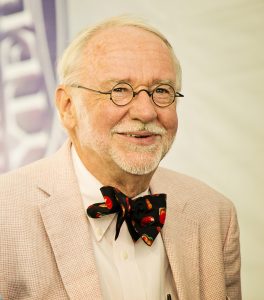Getting to Know Shonaleigh
2. How was the seed of storytelling planted in your life?
2. How was the seed of storytelling planted in your life?

 Don’t let the sweet picture fool you, Barbara McBride-Smith is a firecracker of a woman with stories just bursting out of her. From Greek myths, to Bible stories (told with delightful twists), and personal stories that are both knee-slapping and heartwarming, Barbara is sure to entertain you with a wonderful blend of wit and wisdom. We recently reached out to Barbara to get a little insight into her storytelling past and future as we eagerly anticipate welcoming her to this year’s Timpanogos Storytelling Festival.
Don’t let the sweet picture fool you, Barbara McBride-Smith is a firecracker of a woman with stories just bursting out of her. From Greek myths, to Bible stories (told with delightful twists), and personal stories that are both knee-slapping and heartwarming, Barbara is sure to entertain you with a wonderful blend of wit and wisdom. We recently reached out to Barbara to get a little insight into her storytelling past and future as we eagerly anticipate welcoming her to this year’s Timpanogos Storytelling Festival.
First story I heard: I was about 3 or 4 years old … I remember hearing my Mother tell the story of how my Dad went to Panama to do construction work on the Panamanian Road. I had no idea where that was, of course, but it seemed exotic, especially when she described how bananas grew on trees there. The most exciting part of the story was how he landed in Panama City on Dec. 7, 1941, which my mother said was a very important date. “And that’s when we went to war,” she said. It was a cliffhanger of a story. All of this was background to the story of my birth, which occurred the year my Dad came home from Panama.
First story I told: I told many stories to students during my years as a school librarian, mostly folktales and myths. But the first story I ever told as a performance piece was
“Orpheus & Eurydice,” which I debuted at a fundraiser event for a community theatre in Oklahoma. I had been part of the cast and/or crew for numerous productions there, and one of my directors thought I’d be good at performing a one-woman show. Together, we wrote 3 stories for that evening; then we went on to collaborate on a repertoire of Greek myths told western style — my first body of work as a freelance storyteller.
I grew up in a family that talked in stories. I learned family history, American history, and world history through stories. I was taught and disciplined with stories. As a child, I played with my mother’s button box. My mother had a story to tell me about every single button she had saved in that old metal cake tin.
I don’t have any wise theories about the future of storytelling. But I do believe that human beings are born hard-wired for stories. We are, as a species, addicted to stories. Some neuroscientists conclude that the human mind was shaped FOR story so that it could be shaped BY story. Storytelling helps us discover the universals that bind us to everything around us. That belief, in itself, gives me hope for the future.
Ha! Me, start a dance party? Never gonna happen.
For more on Barbara’s schedule at this year’s Festival, visit: https://timpfest.org/events/28th-annual-timpanogos-storytelling-festival

 One would be hard-pressed to find someone connected to the festival who has not heard Donald Davis. He is a stalwart, veteran teller and integral part of the festival. I distinctly remember listening to and loving his stories during my first years at the festival as a child and continuing to enjoy his storytelling throughout my life. Now that I am grown with a young family of my own I am excited to share his stories with my own children. He truly is the king of storytelling today and we are happy to share a bit more about him with you today.
One would be hard-pressed to find someone connected to the festival who has not heard Donald Davis. He is a stalwart, veteran teller and integral part of the festival. I distinctly remember listening to and loving his stories during my first years at the festival as a child and continuing to enjoy his storytelling throughout my life. Now that I am grown with a young family of my own I am excited to share his stories with my own children. He truly is the king of storytelling today and we are happy to share a bit more about him with you today.
There were so many stories in the family in my childhood, I can’t figure out what was first. I think the first story I ever told was the family story about my Uncle Frank’s foxhound. It ran away from home and they found it two months in Baltimore, MD. It was in a used clothing store barking at an old fox-fur coat…but the story took thirty minutes to tell.
When we went visiting the relatives, there was no television or anything else to do, so, the adults visited and the children listened. I loved it! I didn’t know it was called “storytelling.”
I hope families will incorporate their own stories more fully into their family lives. When we know our stories, we know who we are, what we want to preserve, and where we want to go forward with our lives based on our own past.
I would start a dance party with The Twist. It is joyful and so easy that no one needs to know anything at all to join. Just get up and twist!
For more on Donald’s schedule at this year’s Festival, visit: https://timpfest.org/events/28th-annual-timpanogos-storytelling-festival.